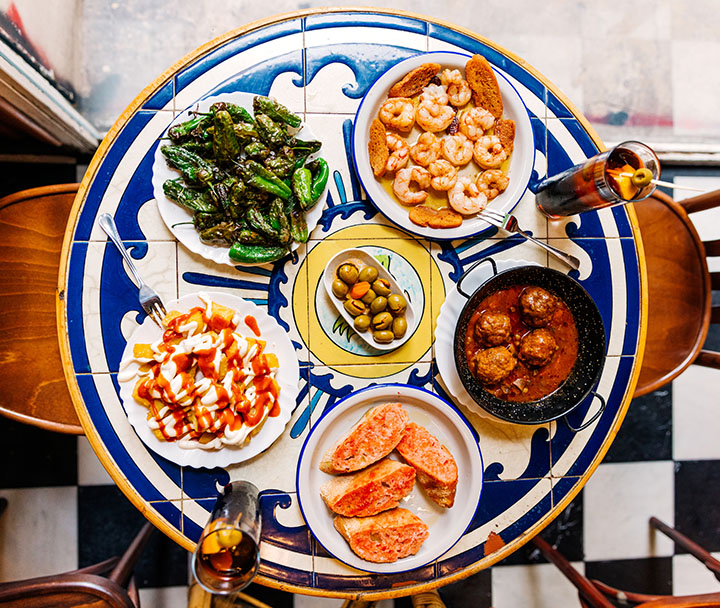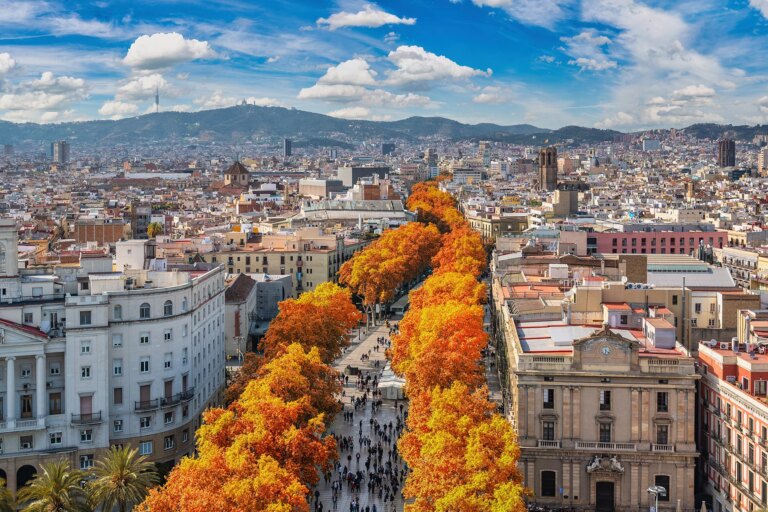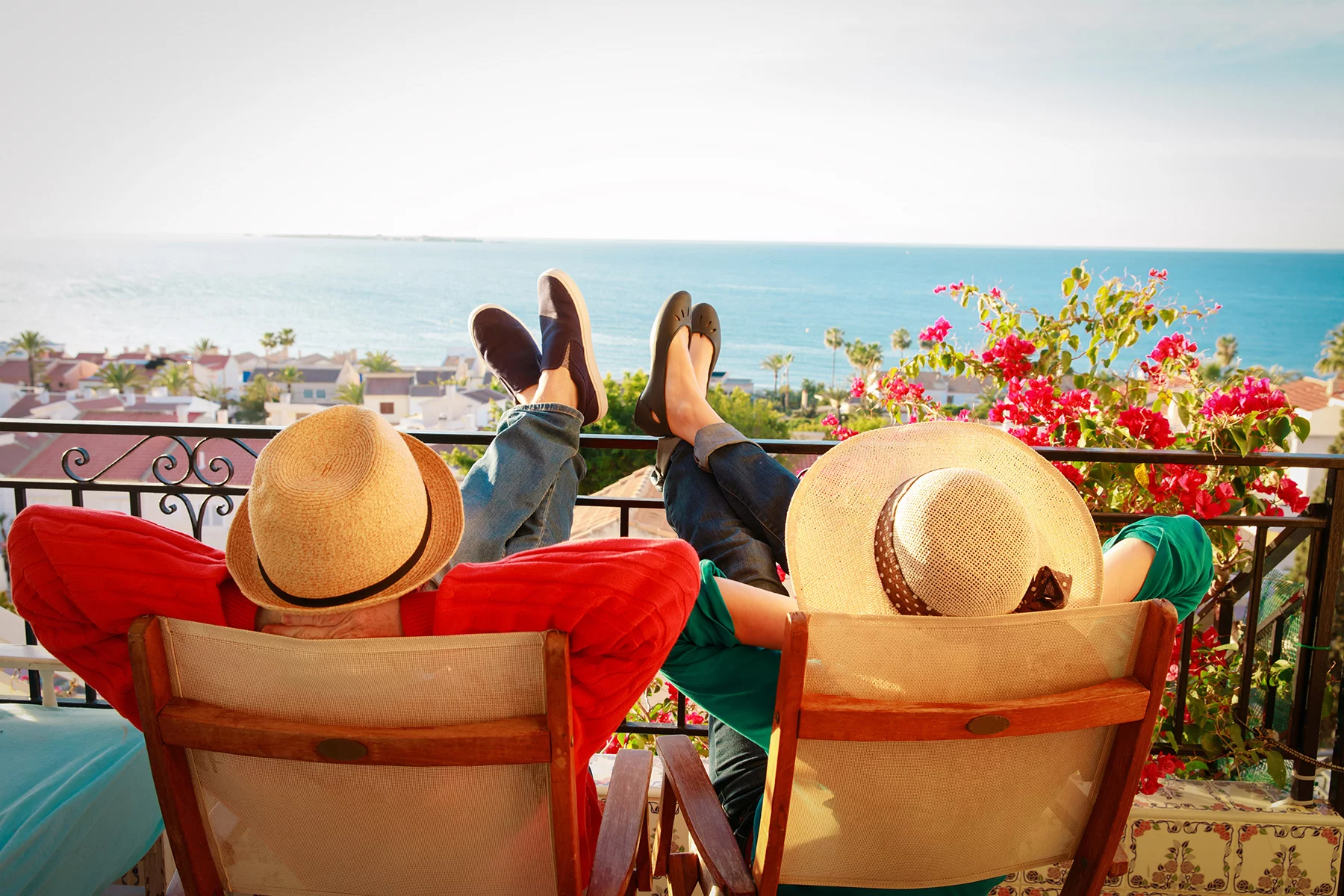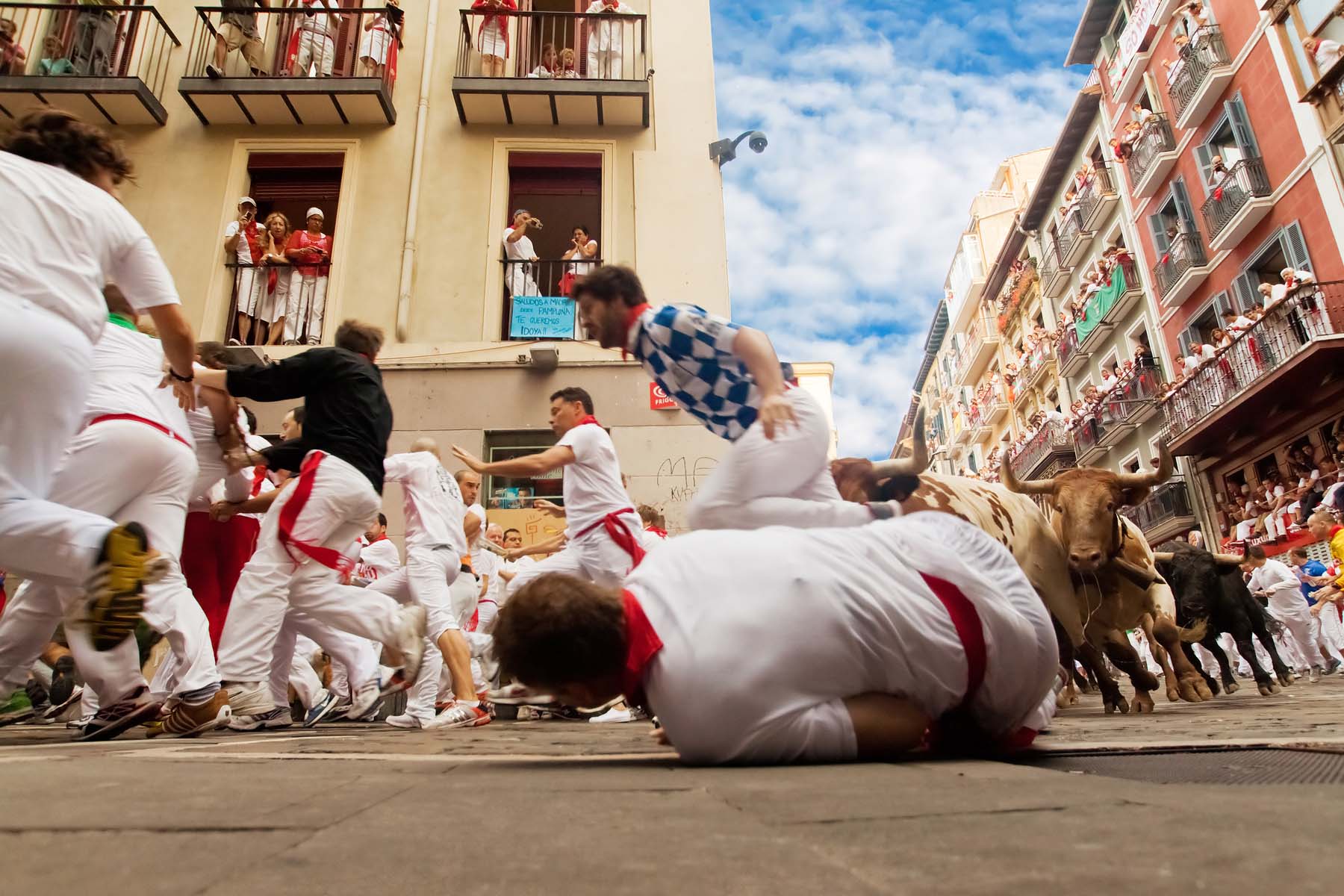The land of siestas and sangria
Expatica Spain
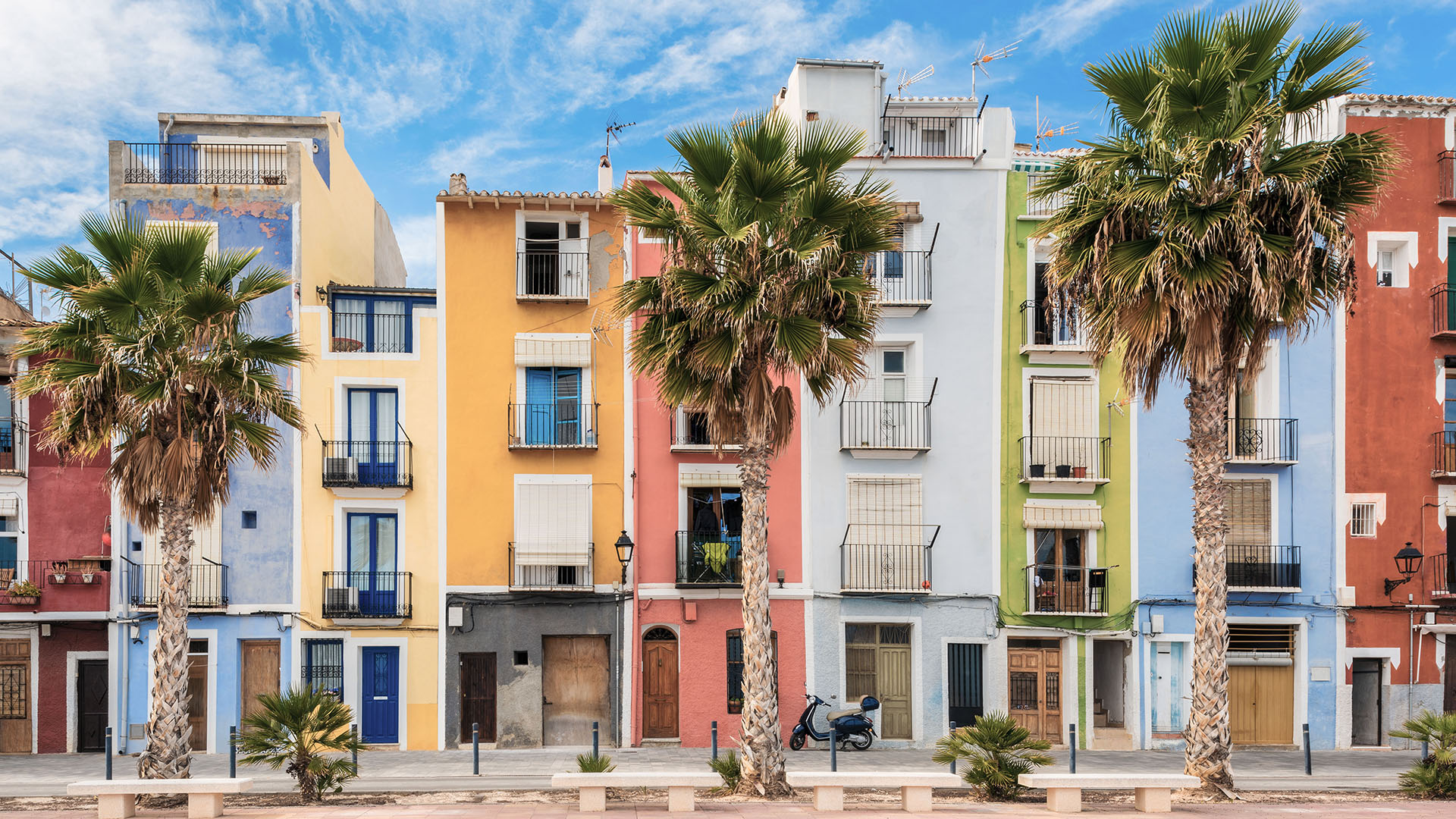
Explore
Editor's picks

Health insurance in Spain
Find out whether you need private health insurance in Spain, with insider info on costs, coverage, and medical professionals.
Read More

A complete guide to Spanish cuisine
From mealtimes and eating habits to popular ingredients and dishes, we explain all there is to know about the world of Spanish cuisine.
Read More

Education in Spain
Learn how to navigate the education system in Spain while exploring the financial aid and support available to expat parents.
Read More
